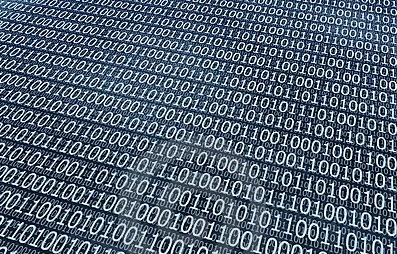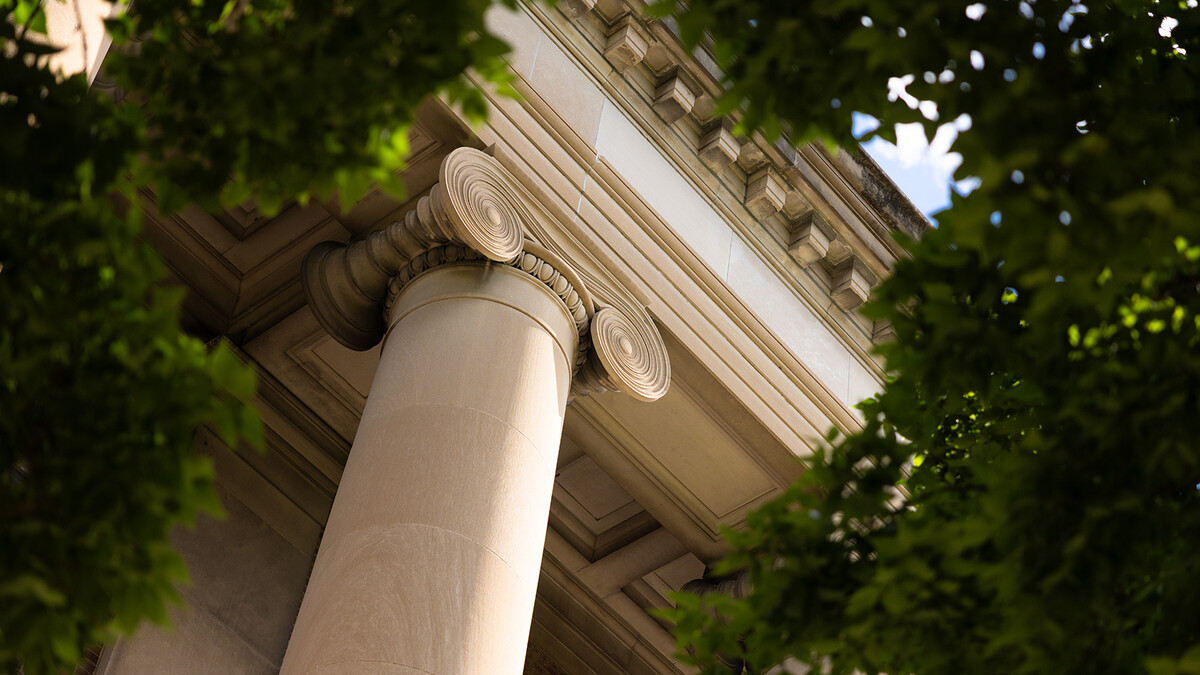
The 2014 Nebraska Forum on Digital Humanities, set for April 10-11 at UNL, will showcase exciting new research that asks fundamental questions about the humanities.
An April 10 public lecture about some of the crucial digital issues that confront higher education will open the forum. On April 11, invited scholars will share their current research and lead discussion around the forum’s theme, which is “Digital Histories and Digital Authorship.”
The public lecture — “Teaching, Researching and Writing in the Digital Age,” which will be 3:30 to 5 p.m. at the Great Plains Art Museum — will feature thought-provoking talks from T. Mills Kelly of George Mason University, Matthew L. Jockers of UNL and Ruth Mostern of the University of California, Merced.
William Thomas, Angle Professor in the Humanities and professor of history at UNL, will moderate the session.
“It will be an exciting lineup of speakers,” Thomas said. “They will be covering some of the key transformations we face in higher education – from so-called flipped classrooms, to big data, to the complexities of copyright in the digital age.”
Mostern will open the public lecture with a discussion of theory and methodology for digital history. Kelly’s presentation will question how changes in the ways students use digital media affect the way the humanities can and should be taught. Jockers’ presentation will summarize key arguments for why large-scale digitization and text mining represent a fair and transformative use of copyrighted books.
UNL, an internationally known leader in digital humanities research, is home to the Center for Digital Research in the Humanities, the forum’s major sponsor. Free registration is required for Friday’s sessions, which will be in the Jackie Gaughan Multicultural Center. To register, visit http://go.unl.edu/dhforum14. Participant bios and complete abstracts for all presentations are also available at the website.
Speakers on April 11 include Vanessa Holden of Michigan State University, Ben Schmidt of Northeastern University, Kyle Roberts of Loyola University, Chicago, and Amanda Visconti of the University of Maryland, who will talk about their various research projects.
Holden will discuss her project’s use of digital tools to collaborate with team members and build a broader community. Schmidt will talk about the narrative structures demanded by large-scale data sources like visualization, machine learning and mapping.
Roberts will reflect on the lessons learned from his project and on new modes of interpreting and presenting scholarship to the broad audiences that are connected to our histories. Visconti will discuss digital humanities interface usability, and she will consider how the methodologies of her project form a humanities dissertation.
A roundtable discussion on a range of issues related to digital histories and digital authorship, moderated by forum co-chairs Thomas and Elizabeth Lorang, digital humanities projects librarian in the CDRH, will close the forum.








